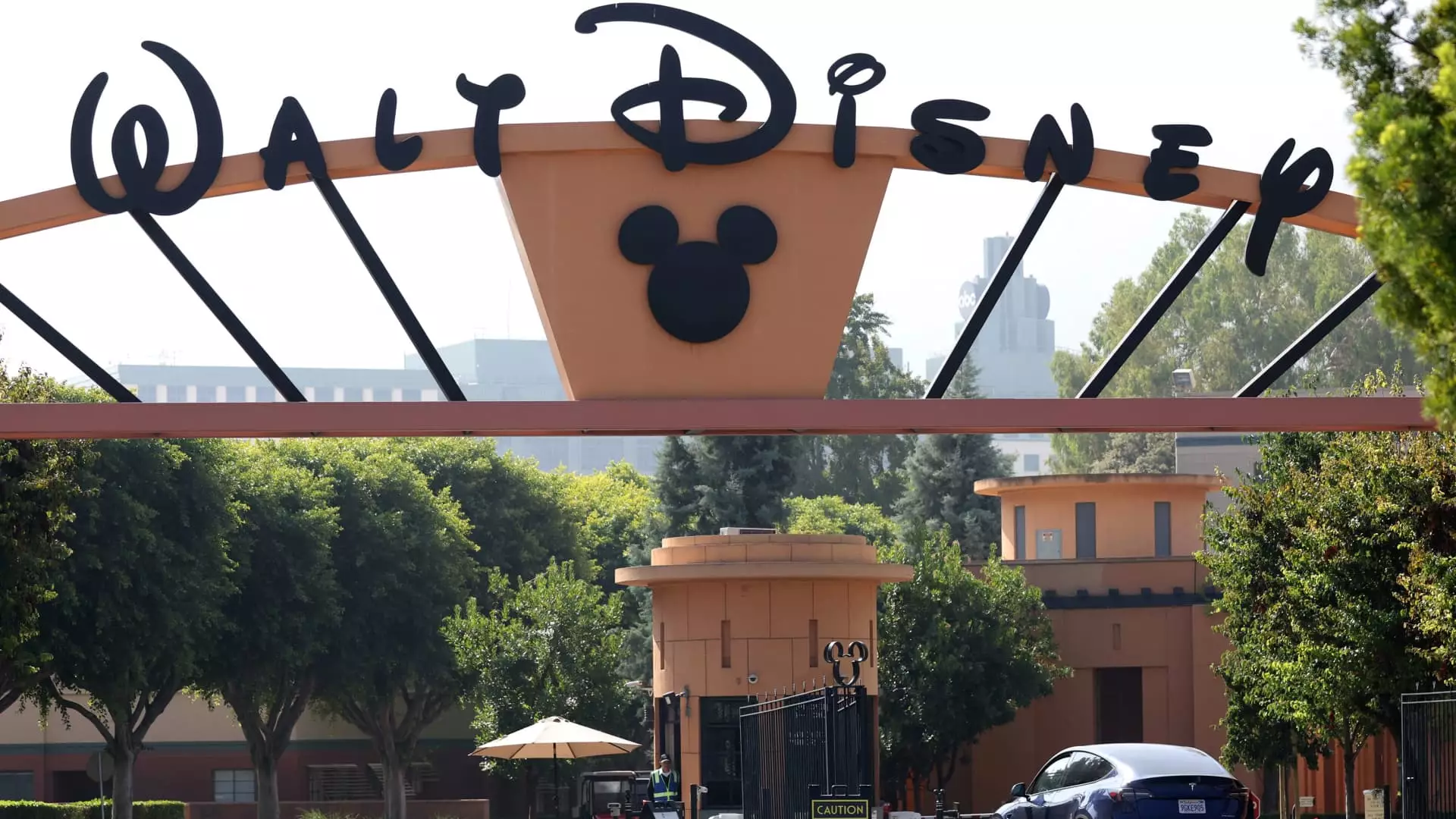In a striking move, the Federal Communications Commission (FCC) has catalyzed a significant investigation into The Walt Disney Company’s approach to diversity, equity, and inclusion (DEI). The FCC, a body that largely exists in the shadows of entertainment regulations, has thrust itself into the limelight, signaling a renewed willingness to hold media giants accountable for their hiring and corporate practices. This inquiry raises serious questions about whether the initiatives touted by Disney, and others within the industry, serve the intended purpose of fostering inclusivity or if they instead perpetuate a form of systemic discrimination masquerading as progressive change.
A New Era of Accountability
The FCC’s scrutiny arrives in the current cultural and political climate, one marked by a growing skepticism towards ostentatious DEI efforts that may not translate into genuine equity. Under FCC Chairman Brendan Carr—an appointee of former President Trump—this investigation mirrors earlier inquiries into Comcast and NBCUniversal. It represents a paradigm shift wherein regulatory bodies are beginning to address how these companies redefine meritocracy in the name of inclusivity.
It’s hard to overlook the timing here; since Trump instigated a broader reassessment of federally mandated diversity programs, major corporations may need to brace themselves for increased oversight. After decades of unprecedented success, Disney finds itself confronted with uncomfortable truths about the ramifications of their DEI philosophies on hiring practices.
Corporate Responsibility vs. DEI Ideals
Disney’s legacy is one of innovation, creativity, and entertainment that transcends cultures. Yet, queries arise when one considers the systematic implementation of DEI initiatives that might prioritize superficial representation over genuine talent and ability. While Disney continues to bask in the glow of its cinematic legacy, it must confront a crucial dilemma: Are they sacrificing quality and merit in their search for diversity?
As companies churn out hiring statistics reflecting diverse workplaces, the very essence of creativity—the blend of unique talents and perspectives—risks becoming homogenized. DEI should not merely be a checkbox—it must ensure that the best minds have a seat at the table regardless of their background, rather than serving as a crutch for mediocrity.
Public Perception and the Backlash
The public’s reaction to this investigation is expectedly divisive. Advocates of DEI argue that such measures are necessary to right historical wrongs, but skeptics fear these initiatives compromise meritocracy while potentially marginalizing qualified candidates. Disney’s response, which signals an openness to dialogue with the FCC, acknowledges the escalating discourse surrounding corporate ethics in hiring. However, one cannot help but wonder if this engagement is a superficial attempt at damage control rather than a genuine reassessment of their practices.
As consumers become more aware of corporate strategies to promote inclusivity, a backlash is brewing against those that are seen as insincere. Companies like Disney, which have long enjoyed the loyalty of millions, must tread carefully or risk alienating their customer base if DEI programs are perceived as empty gestures. Thus, the outcome of this investigation could not only affect Disney’s internal policies but also reshape its relationship with an increasingly critical audience.
What Lies Ahead?
The future is uncertain for Disney as this examination unfolds. Will they emerge from this investigation with renewed purpose, genuinely committed to re-evaluating their DEI strategies, or will they merely adhere to a facade designed to placate critics? Regardless, this inquiry marks a pivotal moment for corporate America—a call to break free from performative allyship and seek actual equity that lifts everyone up, not just those fitting neatly into predefined categories. The industry’s evolution may hinge upon the outcomes of such inquiries, challenging the very fabric of how we define success and diversity in a rapidly changing world.

